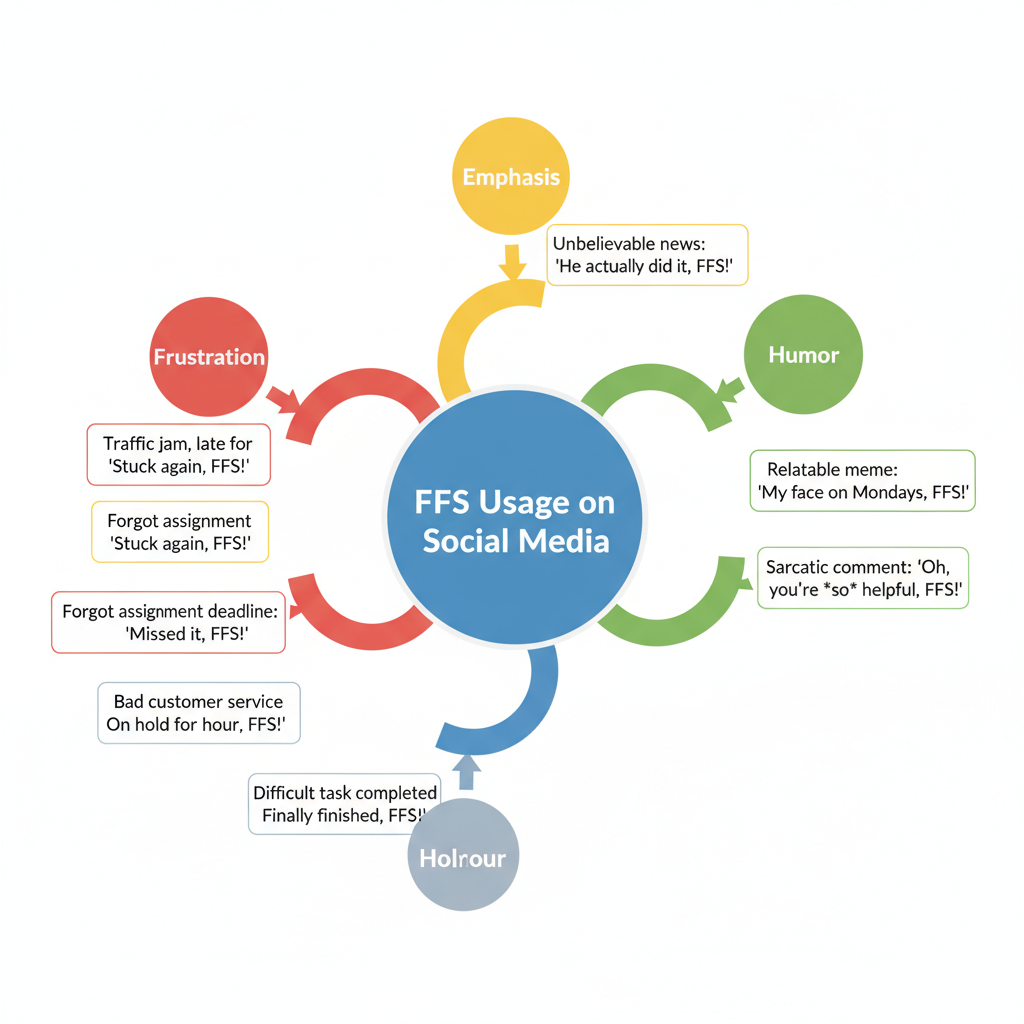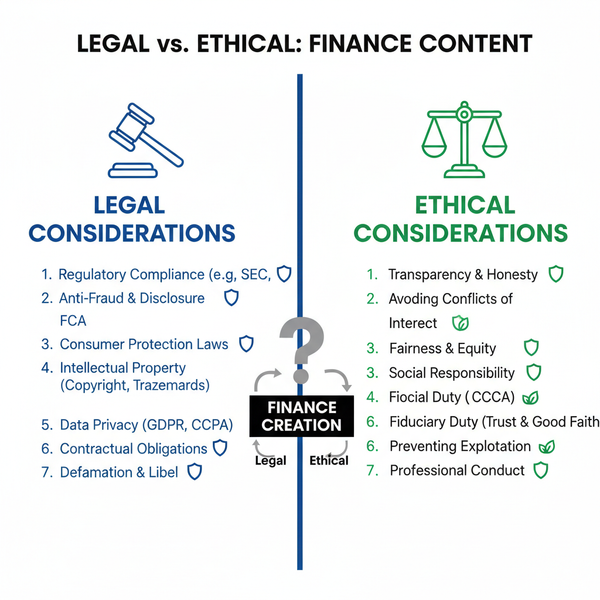What Does FFS Mean on Social Media and How to Use It
Discover what FFS means on social media, its origins, contexts, tone variations, and how to use it effectively in online conversations.

Introduction to Social Media Slang and Acronyms
In today’s fast-moving world of social media, speed and brevity are everything. Users rely heavily on acronyms, abbreviations, and slang to convey emotions, reactions, and ideas quickly—especially in spaces where character limits matter. Social media slang has become an essential part of everyday digital conversation, shaping how we interact online. From classics like “LOL” to shorthand like “SMH,” these expressions are instantly recognizable across platforms.
One acronym, FFS, is a prime example of this phenomenon. Popular on Twitter/X, Facebook, Instagram, TikTok, Reddit, and beyond, understanding its meaning and usage provides better insight into the tone and mood of online exchanges.

---
What FFS Stands For: Origin and Literal Meaning
The acronym FFS stands for "For F's Sake"*. It is typically used to convey strong feelings such as:
- Frustration
- Exasperation
- Annoyance
- Surprise
Origin
Though the full phrase has existed in spoken English for decades—especially in British and Australian contexts—it began appearing in its abbreviated form in the late 1990s and early 2000s. Chatrooms, instant messaging services, and early forums were breeding grounds for this shorthand, which later migrated to mainstream social media platforms.
---
Contexts in Which FFS Is Used
FFS is versatile and can be applied in several digital contexts depending on tone and intention:
- Casual Chat: Used in text messages between friends to express irritation over small mishaps.
- Social Media Posts: Paired with memes or personal anecdotes to heighten emotional impact.
- Comments and Replies: Applied when reacting to unusual or irritating events online.
- Gaming Chats: Common in real-time gaming when describing a teammate’s blunder.

---
Tone and Sentiment: Frustration, Emphasis, or Humor
The meaning of FFS shifts with punctuation, delivery, and surrounding context:
- Frustration: “FFS, my phone battery died again right before an important call.”
- Emphasis: “Finish your homework, FFS!”
- Humor: “The cat knocked over my coffee… FFS, she’s lucky she’s cute.”
Sometimes, FFS works as a marker for exaggerated disbelief, similar to the facepalm emoji, especially when paired with other slang like SMH (“shaking my head”).
---
Examples of FFS in Real Social Media Conversations
Real-world usage makes it easier to grasp FFS in action:
Twitter: "Lost my keys for the third time this week... FFS."
Reddit: "OP didn't read the rules before posting, FFS."
Instagram Story: Picture of a burnt dinner captioned: 'Chef skills -10, FFS.'
Gaming Discord: "Lag again? FFS, fix your internet."These examples highlight its broad emotional range—from venting about minor frustrations to responding to major annoyances.
---
Difference Between FFS and Similar Acronyms
Understanding FFS becomes clearer when compared with other popular slang terms:
| Acronym | Full Form | Primary Emotion | Typical Use Case |
|---|---|---|---|
| FFS | For F***'s Sake | Frustration/Exasperation | Reacting to repeated issues or ridiculous situations |
| OMG | Oh My God | Surprise/Excitement | Responding to shocking news or impressive feats |
| SMH | Shaking My Head | Disapproval/Dismay | Reacting to someone’s behavior or poor decisions |
| WTF | What The F*** | Shock/Confusion | Encountering unexpected or bizarre situations |
While FFS and WTF can both express frustration, WTF often leans toward confusion, whereas FFS emphasizes annoyance or weary exasperation.
---
Cultural Variations and Regional Popularity of FFS
Certain regions favor FFS more prominently in everyday communication:
- United Kingdom: A regular fixture in casual British slang, both spoken and online.
- Australia: Common in humor, memes, and friendly banter.
- Global Online Communities: Especially prevalent in gaming and meme circles.
In North America, usage of FFS is somewhat less frequent than similar expressions like WTF, though it remains recognized among younger, internet-savvy audiences.
---
When NOT to Use FFS: Professionalism and Sensitive Scenarios
Because FFS contains explicit language, it may not be appropriate in formal or public settings:
- Work Emails: Avoid profanity in corporate communications.
- Customer Service: Use of FFS could harm brand image in official posts.
- Family or Educational Groups: Could offend certain participants.
- Public Statements: High-profile figures may receive backlash for using such terms.
If you need to convey a similar sentiment without profanity, try neutral phrases like “Oh no” or “Seriously.”

---
Tips for Understanding Slang in Evolving Digital Language
To keep pace with evolving slang:
- Observe Context: Acronyms often vary by culture and platform.
- Follow Trendsetters: Popular influencers often introduce or adapt language trends.
- Check Online Resources: Tools like Urban Dictionary provide quick, crowd-sourced references.
- Use with Care: Consider audience and setting before adopting slang into your own vocabulary.
Rapid Language Evolution
Digital slang changes quickly; some terms fade within months while others stay relevant for years. Staying informed helps you communicate effectively and avoid misinterpretations.
---
Conclusion: Why Knowing Acronyms Like FFS Helps Online Communication
Knowing what FFS means does more than expand your vocabulary—it strengthens your ability to read tone and intention in online dialogue. Whether expressing annoyance, delivering emphasis, or injecting humor, FFS carries emotional weight that shapes digital interaction.
By learning the nuances of internet slang, you can respond more appropriately, engage with diverse communities, and maintain authenticity in fast-paced social media environments. Want to keep up with trending terms? Follow reputable digital communication guides, and you’ll always be fluent in the latest lingo—FFS included.




